What if the first thing we do when we find life on Mars is kill it? That’s the sombre prospect scientists fear any manned mission to the red planet may produce.
If we ever land on Mars, the impression we make will be more than a boot print.
We’ll be bringing hitchhikers. NASA calls them ‘cooties’.
There are ten times more microbes in our bodies than human cells. Leaking space suits, landers and habitats will inevitably introduce Earth bacteria and viruses to the Mars environment.
It has the water they need. It has the warmth.
Will our bacteria become an invasive species? Will it result in microbial genocide?
They’re questions yet to be answered.
But ‘cooties’ have already made their power felt.
The hermetically sealed environment of the Mars 500 simulation project outside Moscow was quickly coated with films of bacteria and mould, threatening to disrupt life support equipment and computers while also posing a risk of infection.
And there’s always the potential for a reverse exchange: Mars microbes invading our space.
Would it be a case of H.G. Well’s War of the Worlds all over again, where the invading Martians’ inconceivably advanced machinery was inevitably overcome by the common cold?
But this time in reverse?
“It’s very important to understand the potential for Mars life to be present in any water sources we access on Mars … We don’t know if Mars life could be hazardous to us, so being careful until we know more makes sense,” says NASA planetary protection officer Catharine Conley.
Apollo 11 astronaut — and keen manned Mars mission advocate — Buzz Aldrin says contamination was a big issue for the initial Moon landings. It should also be treated as such for any Mars missions.
“Well, in our case the contamination scientific people were justifiably concerned about what we might have brought back from the Moon,” he told News Corp in Sydney earlier this month.
“If it could have survived under those circumstances, it’s going to be pretty viral. The same applies to Mars.”
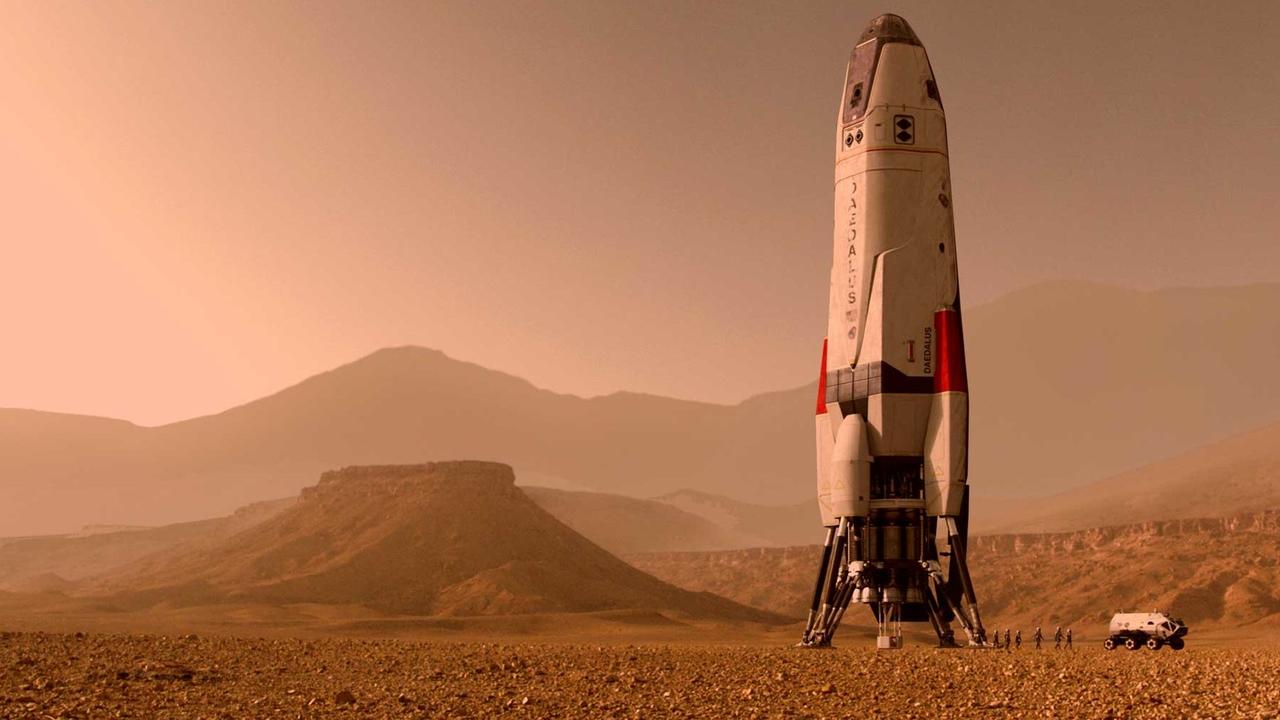
“Do we really want to perpetrate the first interplanetary genocide, even if only at a microbial scale?” Senior scientific adviser to the European Space Agency Professor Mark McCaughrean mused when speaking to News Corp earlier this month.
“One of the big questions is ‘are we alone?’. What if it turns out we’re not … and then we are again after we exterminate that life on Mars?”
Professor McCaughrean was visiting Australia with Buzz Aldrin to promote National Geographic’s Mars: Our Future on the Red Planettelevision, live talk and book series.
Aldrin says we simply don’t know enough about Mars’ environment to judge the microbial risk.
EXPLORE MORE: Building a Buzz about a mission to Mars
“Pretty soon we came to the conclusion that nothing is alive on the Moon to come back and give problems here. But we did put three crews in quarantine. And nobody was concerned about Earth germs being deposited on the Moon,” he said.
“But now we’re thinking about Mars, and people are concerned about infection both ways. We need a sample. That’s been a high priority, to get a robotic spacecraft to grab a sample and bring it back. Still hasn’t been done.”
Professor of Astrobiology at the University of New South Wales Malcolm Walter says advance parties of Earth microbes may already be on Mars.
“My attitude to that is that it is inevitable that at least a small load will have already been taken to Mars by the rovers,” he says. “But the surface environment is so hostile that it is highly unlikely any would survive.”
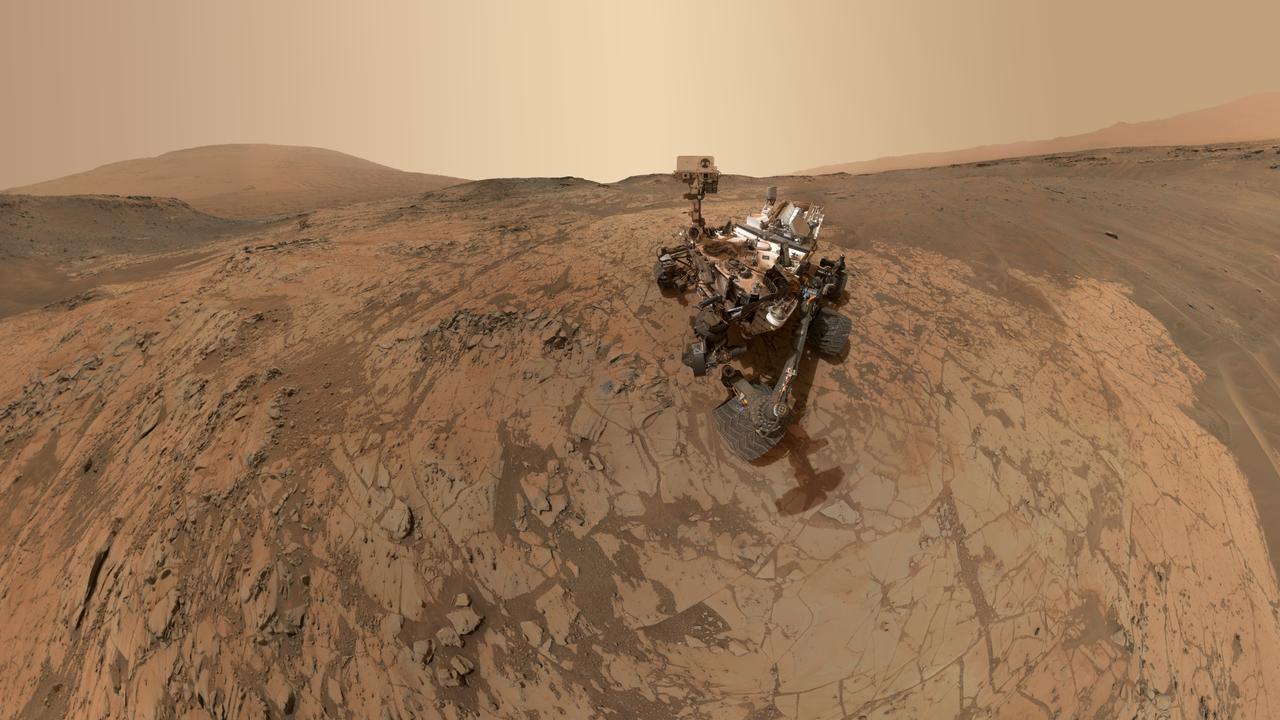
It’s a very hostile environment.
It’s desolate. It’s dry. The surface is swept with radiation.
It’s not possible to totally clean our robotic explorers scouring the Martian surface. Doing so would destroy their delicate electronics.
But Mars does a good job of sterilisation itself.
Professor Walter: “There is a high flux of cosmic radiation that breaks down DNA. There is UV radiation that would break down cells. And the surface of Mars is oxidising — so that would kill cells as well.”
DELVE DEEPER: Do we really have a future on the red planet?
Then there’s the perchlorate salts which are so common in the surface environment. This will also destroy most microbes.
“Between all of those factors it is extremely unlikely that any Earth microbes hitching a ride on a rover would survive on the surface of Mars,” he says. “But taking humans there is another matter.”
The very places where humans will seek refuge from the harsh Martian environment will suit our microbes just fine.
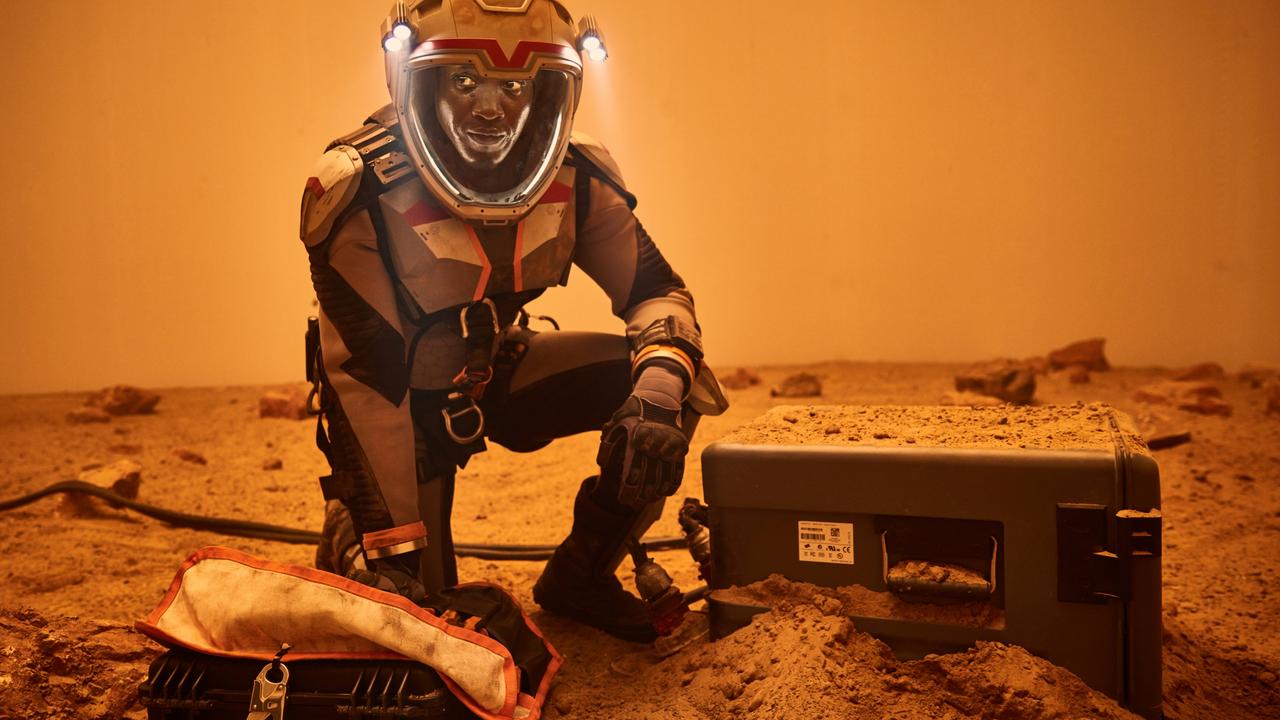
INTERPLANETARY GENOCIDE
Professor Walter says there is simply no way the human body can be sterilised.
“It’s utterly impossible because, in our bodies, most of the cells aren’t our cells — they’re microbes,” he told News Corp.
“So it’s completely inevitable that we will carry microbes to Mars.”
It would be easy in any secure environment where humans can live for the bacteria to thrive as well.
“That would be a serious issue,” Professor Walter says. “People are more mobile. They can take their microbes into caves, ravines, water — on suits coated with growths from inside their habitats.”
It’s also a risk to the validity of the scientific research being done on such a manned expedition.
“If we were to find microbes in one of those underground environments, which I think is highly possible, we will need to go through the process of determining if they are contaminants — or a second origin of life,” he says.
It could also result in an unwanted invasion.
The ESA’s professor McCaughrean agrees. “Life on Mars could be the same as life on Earth. We’re connected by our solar system. We could end up being based on the same life transferred between the planets by asteroid impacts millions of years ago. If that’s true in any sense, then sending ourselves there and all of our microbes could easily result in unwanted interactions.”
“Finding proof of the origin of life on Mars will have enormous implications on our view of the universe,” Professor McCaughrean says. “Going on to kill it would be inconceivably tragic.”
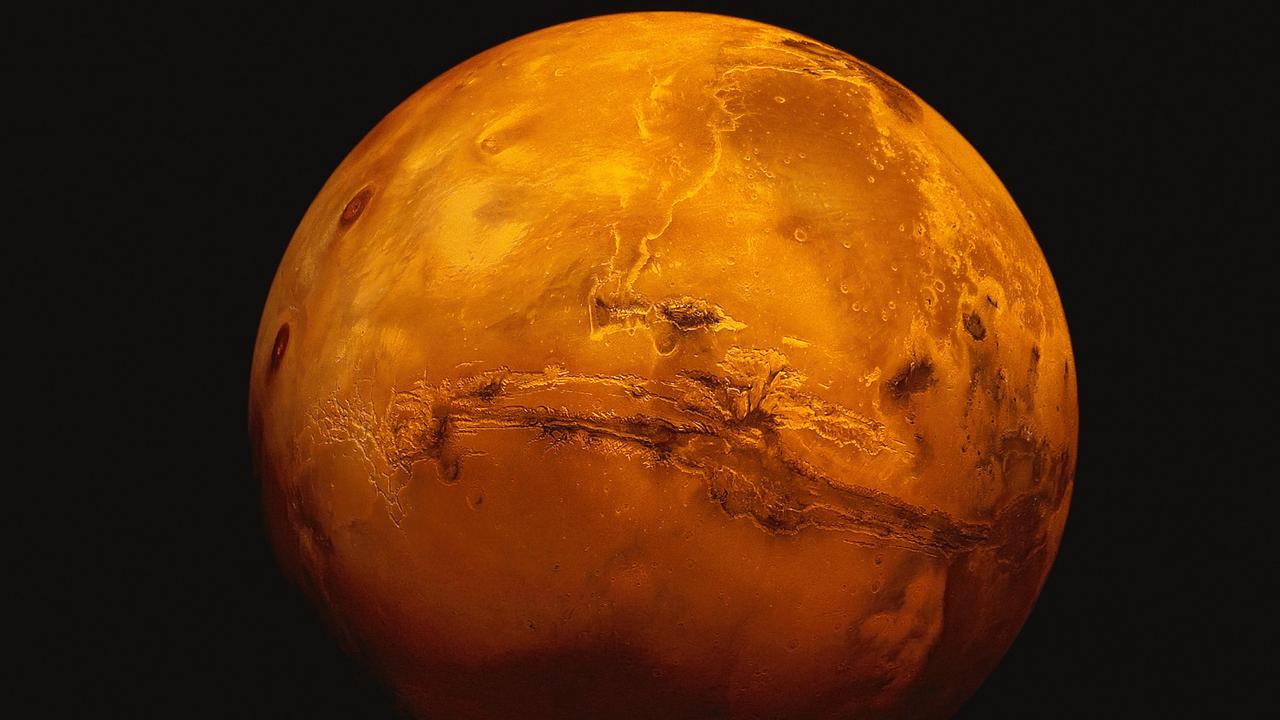

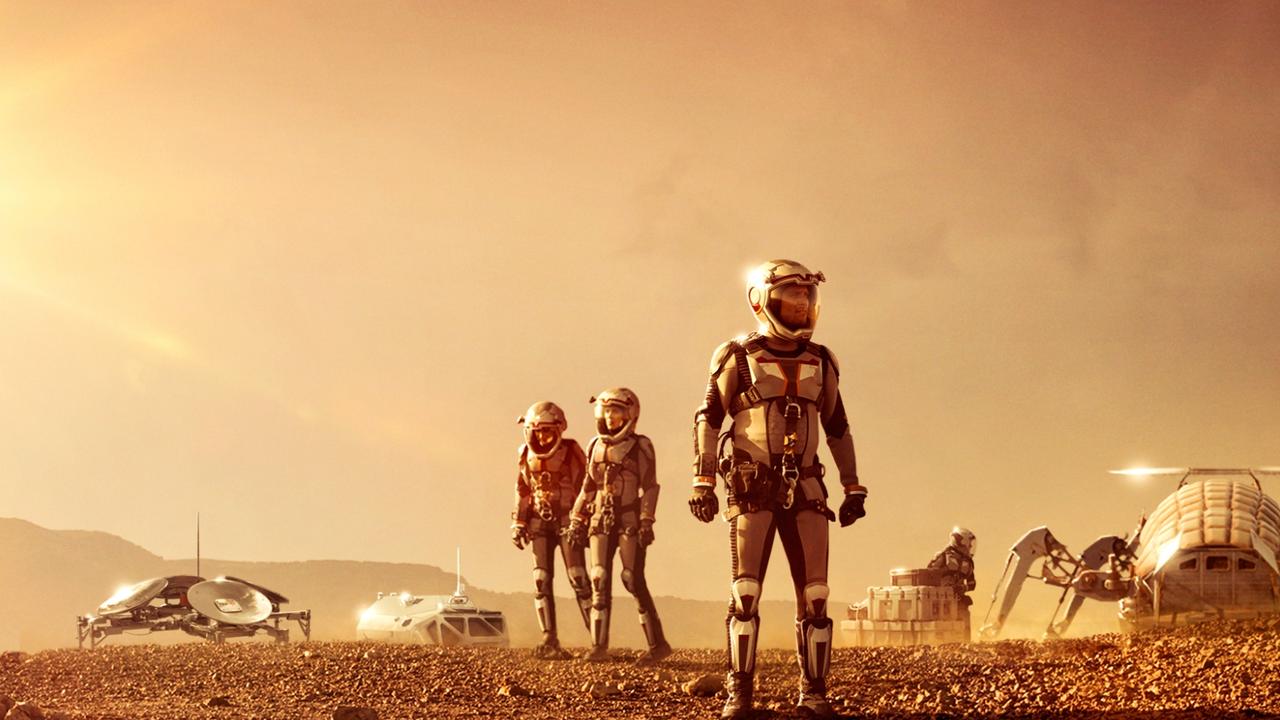

Add your comment to this story
To join the conversation, please log in. Don't have an account? Register
Join the conversation, you are commenting as Logout
Here’s what you can expect with tomorrow’s Parramatta weather
As spring moves into summer what can locals expect tomorrow? We have the latest word from the Weather Bureau.
Here’s what you can expect with tomorrow’s Parramatta weather
As spring moves into summer what can locals expect tomorrow? We have the latest word from the Weather Bureau.